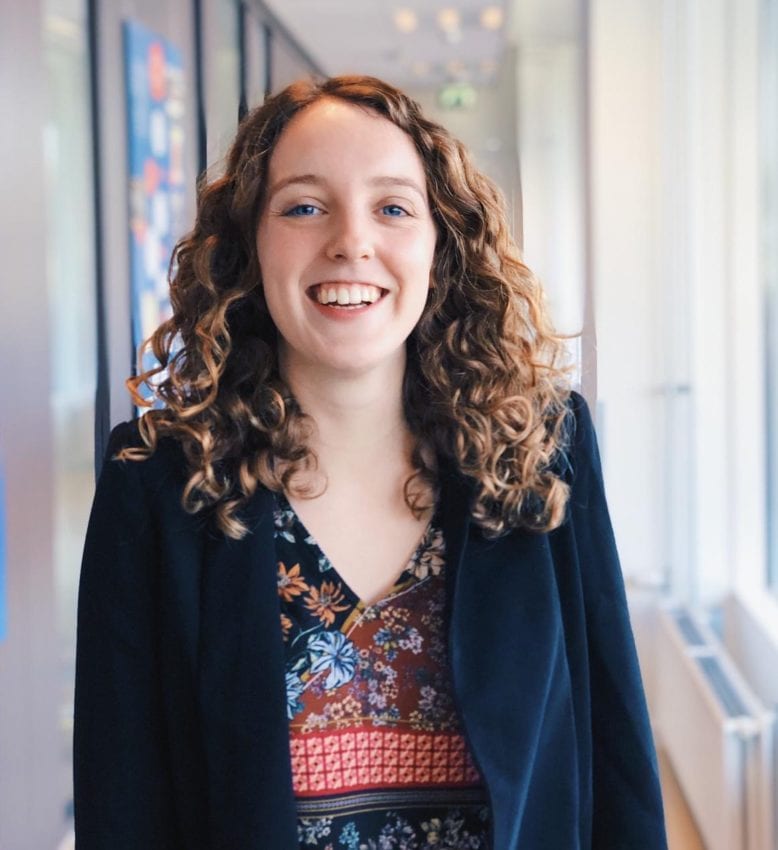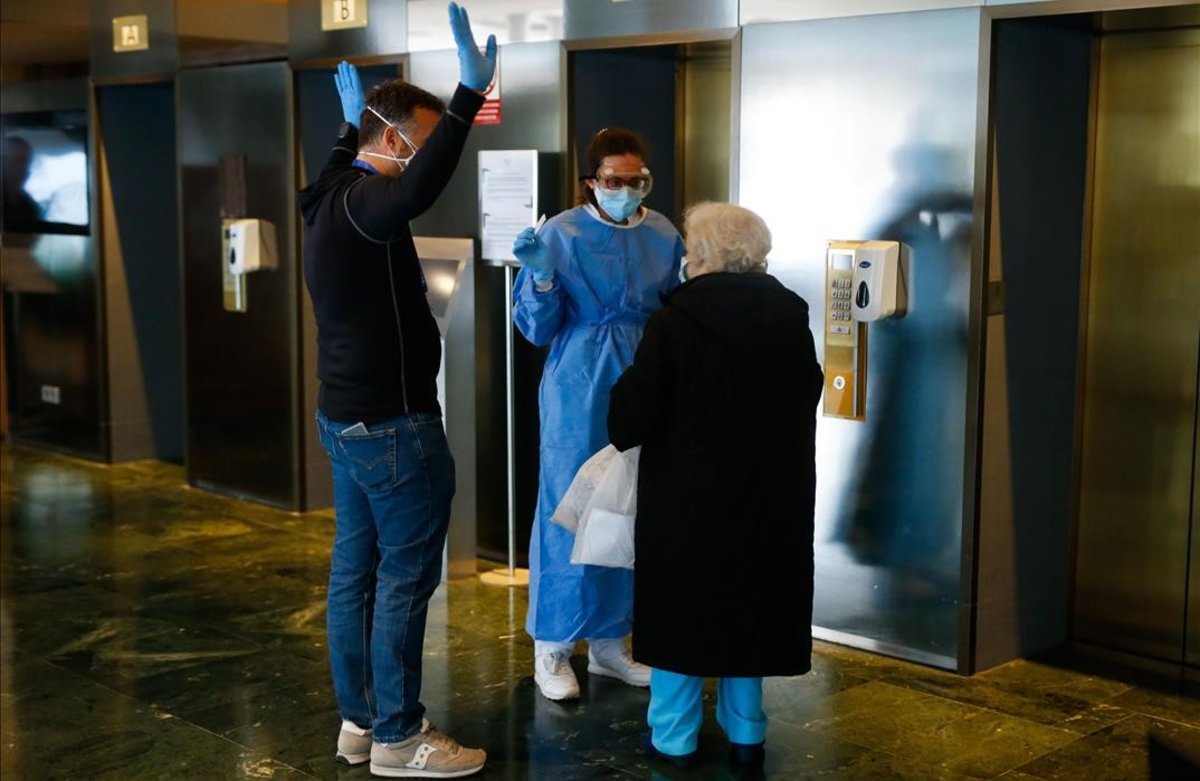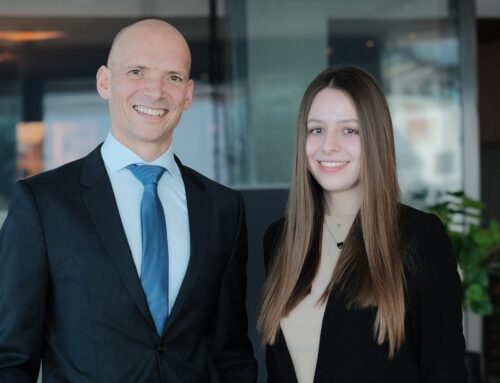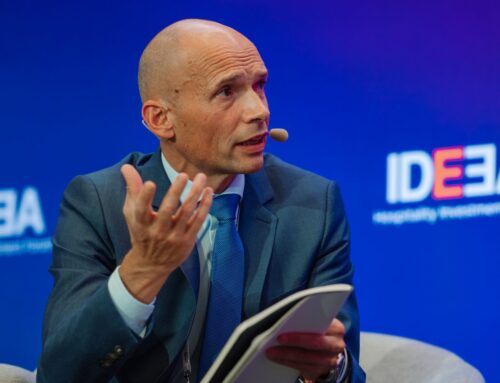As front liners risk their own safety to curb the spread of COVID-19, the travel industry has stepped up to lend a helping hand.
The need for collaboration and a sense of community is greater than ever. With CO-VID 19 cases spreading all around the globe and countries in lockdown, we are facing an unprecedented crisis. The hospitality industry is struggling worldwide, with millions of hotels and restaurants being forced to close and most flights cancelled. “Hilton has been around 100 years — we’ve never closed a hotel that wasn’t going to be demolished for rebuilding”, said Mr. Nassetta, Hilton´s CEO. Even though it is difficult to shed some positivity, the World Tourism Organisation (UNWTO) underlines the importance of international cooperation and emphasizes the COVID-19 challenge is an opportunity to show how solidarity can go beyond borders.
There are lots of heroes in this crisis, and we should share and be proud of the numerous solidarity initiatives that have been taking place in our hospitality sector. To relieve the health care system’s pressure, hotels in many countries worldwide have been converted into hospitals to provide much needed beds and space and prevent the system from collapsing.
Converting a hotel into a hospital is a complex and demanding process. I would like to share with you the procedure taken in my hometown, Madrid, where 12 hotels have been converted into hospitals. The conversion starts with collaboration between hotel staff and health authorities. Firstly, on an operational level, hotel staff is needed to help with covering the elevators, beds and all public areas with plastics, to facilitate the disinfection of the hotel after hospital use. Secondly, the process involves numerous hotel areas: the legal department to ensure a smooth change of use process; the security and maintenance department, taking care of day to day matters throughout the time the hotel is in use as a hospital; part of the kitchen and F&B service department, to ensure meals are cooked for the patients and delivered to their rooms; and HR in charge of looking after the well-being of all employees and of implementing risk reduction measures.
(Meliá Sarriá staff in converted hotel)
“The response from our staff has been spectacular: I have seen employees deeply moved while adapting a room. I have also seen them exhausted, working till 3am to finish the hotel conversion in order to receive the first doctors and patients the next day”, said Gabriel Escarrer, vice chairman of Meliá Hotels.
While the government is in charge of providing health equipment, health care staff and of covering all the costs related to the conversion and to hospital use, such as electricity and cleaning services. The result is a temporary hospital for stabilized CO-VID 19 cases that need isolation, rehabilitation and care, and no hospital treatments.
Hotel Associations are also mobilizing and coordinating efforts. For instance, the Spanish Hotel Association has asked hotels and restaurant to donate perishable F&B to hospitals before they shut down. Many international hospitality organisations are spreading acts of kindness across the world. There are brands and hotels such as Handpicked Hotels, Van der Valk, Fletcher, Michel Reybier Hospitality, and Bespoke Hotels, to name but a few, who are donating food and offering safe spaces for the elderly as the outbreak of COVID–19 progresses.
In the UK, CBRE has been commissioned by NHS to complete a study of all accommodation in London suitable to transform into medical facilities. CBRE is assisting the NHS by facilitating engagement with clients and contacts in the real estate market across the UK, to satisfy their immediate need for additional premises and parking facilities. “We are seeking to identify suitable properties within close proximity to an NHS or Private Hospital which could be occupied by the NHS for the duration of the COVID-19 pandemic.”
Apart from the government request, many hotel companies have already offered free rooms to NHS staff. It is the case of the Stock Exchange Hotel, where Gary Neville and Ryan Giggs announced that they were temporarily closing their two Manchester-based hotels in order to offer their rooms to the NHS for free.
(Stock Exchange Hotel in Manchester, 2020)
The hotel industry is also helping one of the most vulnerable groups during CO-VID 19, homeless people, by providing free accommodation to avoid the spread of the virus between people living in the streets. An example in Europe is the offer provided by the hotel chain IHG, who is working with the Mayor of London and the government to offer 300 of its hotel rooms to the homeless to self-isolate during the COVID–19 crisis. Accor has also joined this effort: “We have decided to open our doors to the most destitute and homeless who need to be confined”.
(Belongings are pushed through the lobby of a West L.A. hotel that has been turned into housing for homeless people during the COVID-19 pandemic)
The airline industry is also offering its resources. For instance, Virgin Group founder, Richard Branson has freed up a Virgin aircraft to bring personal protective equipment (PPE) from China to Oakland International Airport. Also, VistaJet, a private jet business is working directly with governments and consulates around the world to help repatriate citizens by providing complimentary empty leg flights and transportation of medical equipment. The CEO, Thomas Flohr mentions: “We are a logistics company and we are here to help the global community as much as we can”.
Governments around the world are tackling the COVID-19 pandemic from different angles. Even though it is difficult to coordinate efforts globally, the hospitality industry is demonstrating solidarity locally by offering support to governments, providing a temporary home to the most vulnerable groups in the community, such as the sick and the homeless people, and thus releasing the pressure of health care systems. In this article, only some of the thousands of initiatives are mentioned. Please share these stories of solidarity and be proud to belong to an industry that essentially always has shown kindness and a welcome to strangers.
About the co-author – Alba Pons
 Alba studies International Hospitality Management at “Hotelschool The Hague” in Amsterdam, The Netherlands. Prior to HoCoSo, she has worked at Anantara Bophut Ko Samui (Thailand). Her interest in both market research and concept development, led Alba to join HoCoSo on November 2019 as Hotel Analyst Intern.
Alba studies International Hospitality Management at “Hotelschool The Hague” in Amsterdam, The Netherlands. Prior to HoCoSo, she has worked at Anantara Bophut Ko Samui (Thailand). Her interest in both market research and concept development, led Alba to join HoCoSo on November 2019 as Hotel Analyst Intern.
About the co-author – Irene Zijlmans
 Irene Zijlmans is a senior hotel development consultant with over 20 years of experience in the hospitality industry across Europe in consulting, hotel asset management and hotel development. She has run her own company for the last few years, directed European expansion for Mövenpick Hotels & Resorts, asset managed a large UK hotel portfolio on behalf of a large UK Bank for Vision Asset Management and worked on hundreds of market demand and feasibility studies for hotels and mixed-use projects for PKF London. She leads HoCoSo’s sustainability and CSR projects and is the go-to person for all HR and admin matters.
Irene Zijlmans is a senior hotel development consultant with over 20 years of experience in the hospitality industry across Europe in consulting, hotel asset management and hotel development. She has run her own company for the last few years, directed European expansion for Mövenpick Hotels & Resorts, asset managed a large UK hotel portfolio on behalf of a large UK Bank for Vision Asset Management and worked on hundreds of market demand and feasibility studies for hotels and mixed-use projects for PKF London. She leads HoCoSo’s sustainability and CSR projects and is the go-to person for all HR and admin matters.
About HoCoSo
HoCoSo are advisors with a difference.
We create tailor-made and innovative solutions for clients’ hospitality-led projects by bringing together the optimum team of sector specialists.
Jonathan Humphries, Chairman and Owner of HoCoSo, and his direct team specialize in the extended-stay, co-living, and hotel-alternatives hospitality market; luxury, lifestyle and boutique hotels; and resort developments in Europe, the Middle East and Africa (EMEA). Our strengths lie in the following core services:
- Product & Concept Creation, for portfolio & individual asset developments.
- Strategic Development Projects with a focus on new-market / new-concept business expansion planning, operator selection, market and financial feasibility studies.
- Transformative Asset Management for brand re-positioning, asset re-evaluation and concept re-structuring.
- Hospitality Education for companies and academic institutions, with a focus on bespoke course development, training and teaching.
- Workshops, Keynotes and Conference Moderating for boards, leading international conferences and incubators.











Leave A Comment